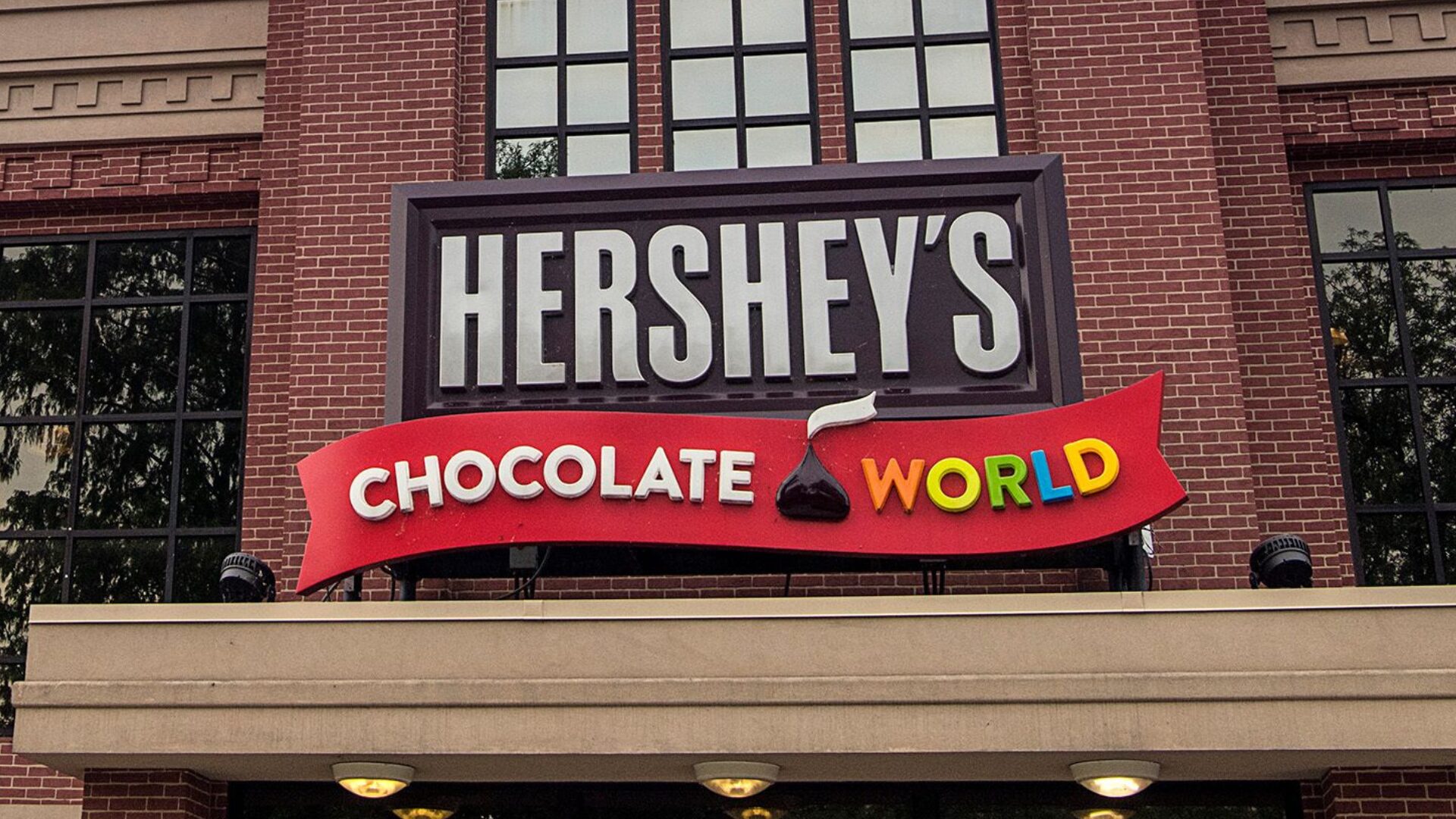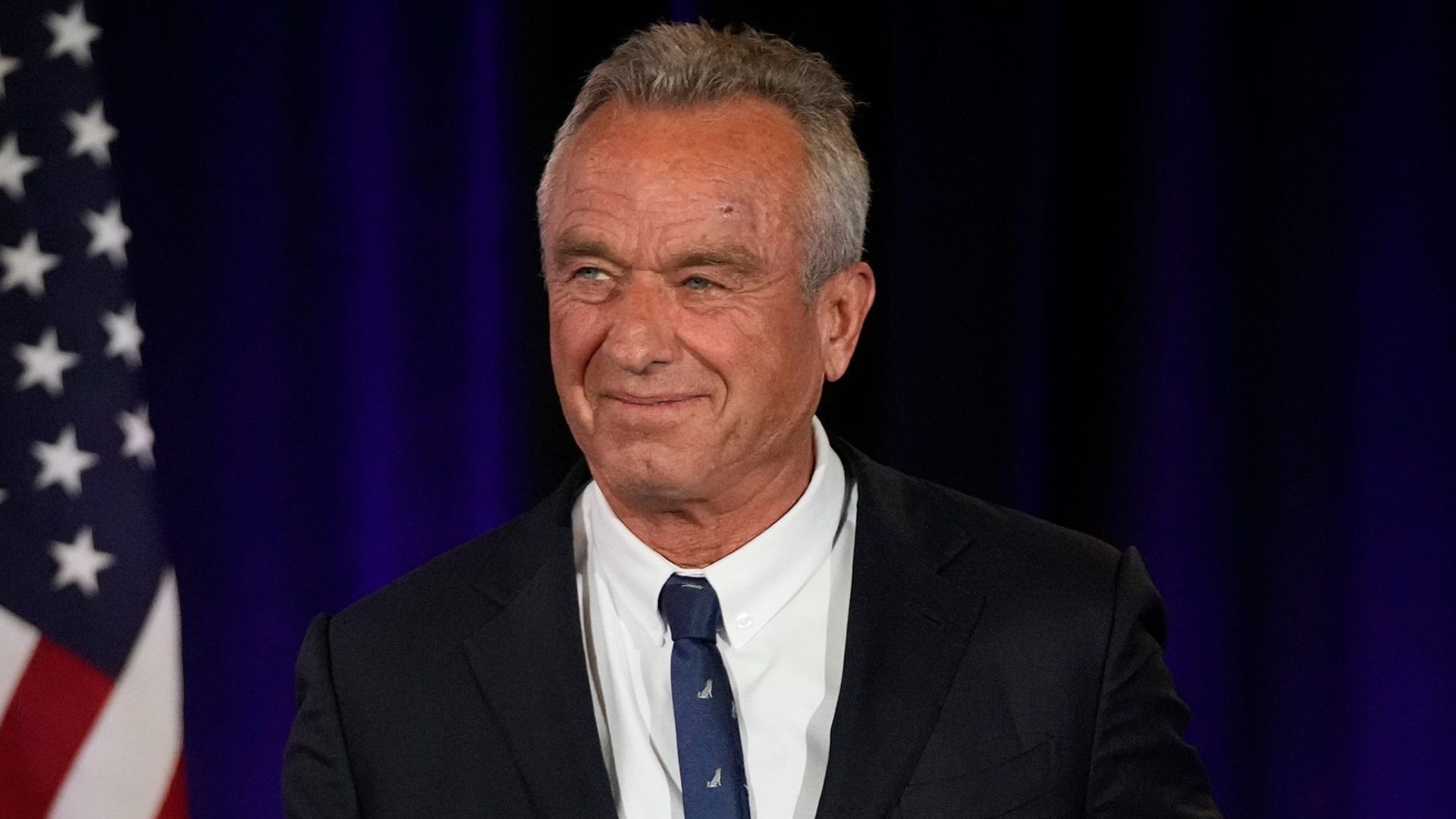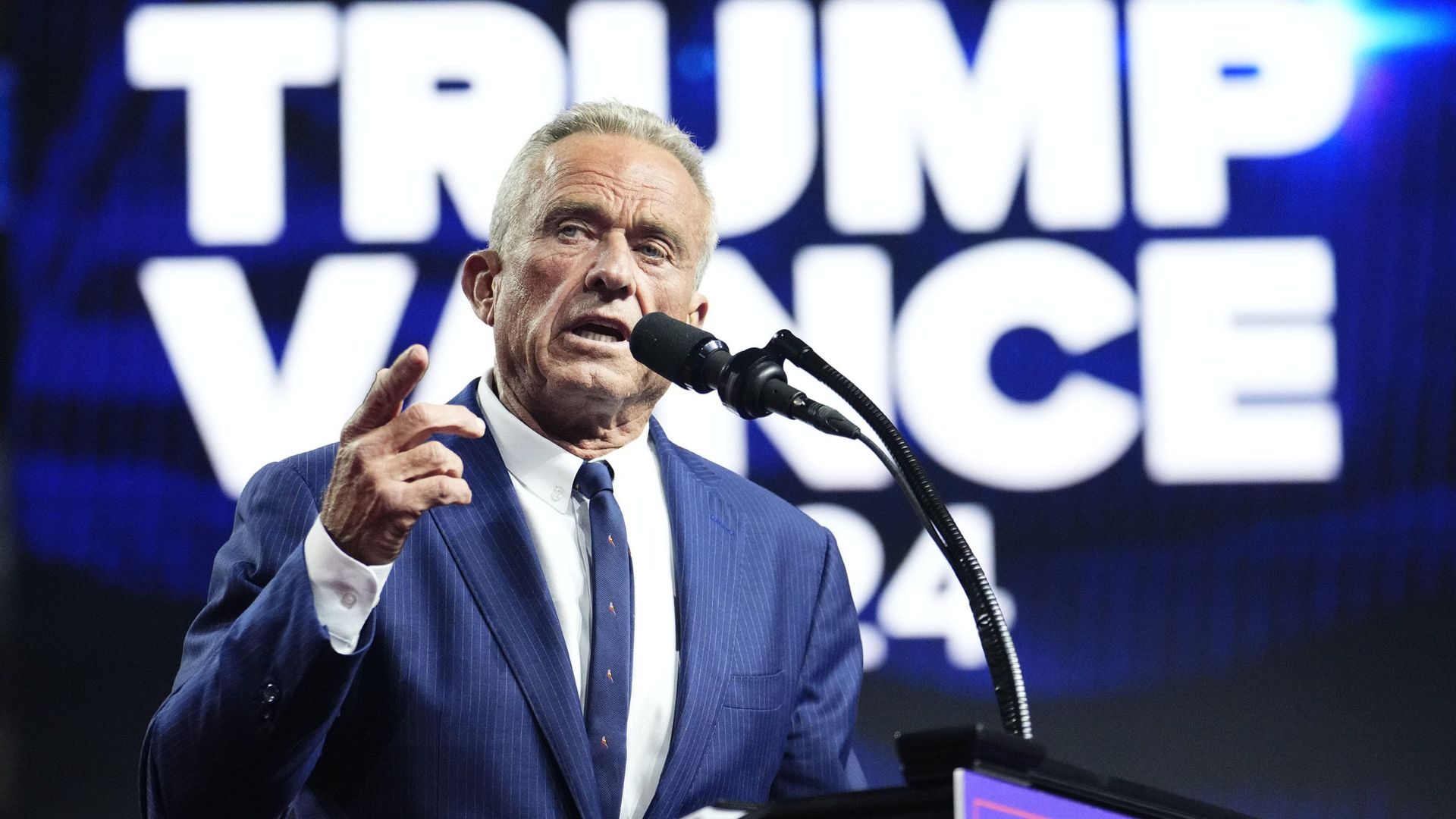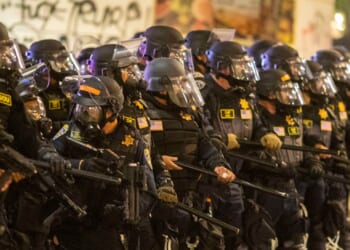The Hershey Company announced Monday that it will eliminate synthetic food dyes from its candy and snack products by the end of 2027, aligning with the Department of Health and Human Services’ efforts to reduce potentially harmful additives in the American food supply, as reported by The Western Journal.
The decision comes as Health and Human Services Secretary Robert F. Kennedy Jr., appointed by President Donald Trump earlier this year, increases pressure on major food producers to phase out artificial dyes.

Hershey confirmed the change in a statement first reported by Bloomberg, citing growing consumer demand and a confusing patchwork of state-level regulations.
Trump’s Sovereign Wealth Fund: What Could It Mean For Your Money?
“There is a patchwork of state regulations emerging that is creating confusion and will ultimately increase consumer costs,” a Hershey spokesperson said.
“Removing these colors is a natural next step in our program to ensure consumers have options to fit their lifestyle while maintaining trust and confidence in our products.”
The company said it will begin removing dyes such as Red 40, Yellow 5, and Blue 1—common additives in processed foods and candies that have drawn scrutiny for their possible health effects, particularly on children.
Hershey’s decision comes just months after Kennedy and FDA Commissioner Dr. Marty Makary announced a federal plan to ban eight petroleum-based food dyes from processed food and medication.

This Could Be the Most Important Video Gun Owners Watch All Year
Kennedy described the widespread use of artificial dyes in American food products as “egregious,” pointing to links between synthetic dyes and health issues.
“They’re clearly associated with a variety of grim inventory of diseases, including cancers and behavioral disease and neurological disease like ADHD,” Kennedy said in an interview with CBS News.
“It’s very, very well-documented.”
He added that food companies often produce different versions of the same products in other countries, using safer alternatives.
“They’re making, in many cases, the same products in this country with those dyes, and then they use vegetable dyes in Canada, Mexico, and Europe,” Kennedy said.
Kennedy has criticized what he calls regulatory capture by the food industry, claiming the FDA has failed to hold companies accountable. “In Europe, before you add something, a chemical, to a food, you gotta prove that it’s safe. In our country, it is rubber-stamped,” he said.

Hershey joins other major brands—including Nestlé, which announced last week it would remove artificial colors from U.S. products by 2026—in responding to increasing pressure from health-conscious consumers and federal regulators.
Hershey did not specify which of its brands will be impacted by the changes. Its product portfolio includes popular brands such as Reese’s, Kit Kat, Jolly Rancher, and Twizzlers.
The move places Hershey among a growing list of manufacturers—also including Kraft Heinz Co. and General Mills—that have announced plans to eliminate artificial dyes in the coming years.
The opinions expressed by contributors and/or content partners are their own and do not necessarily reflect the views of LifeZette. Contact us for guidelines on submitting your own commentary.










![Florida Man With Violent History Arrested for Choking a Cop [WATCH]](https://www.right2024.com/wp-content/uploads/2025/06/Eleven-Stabbed-in-Attack-at-Salem-Homeless-Shelter-Across-From-350x250.jpg)





